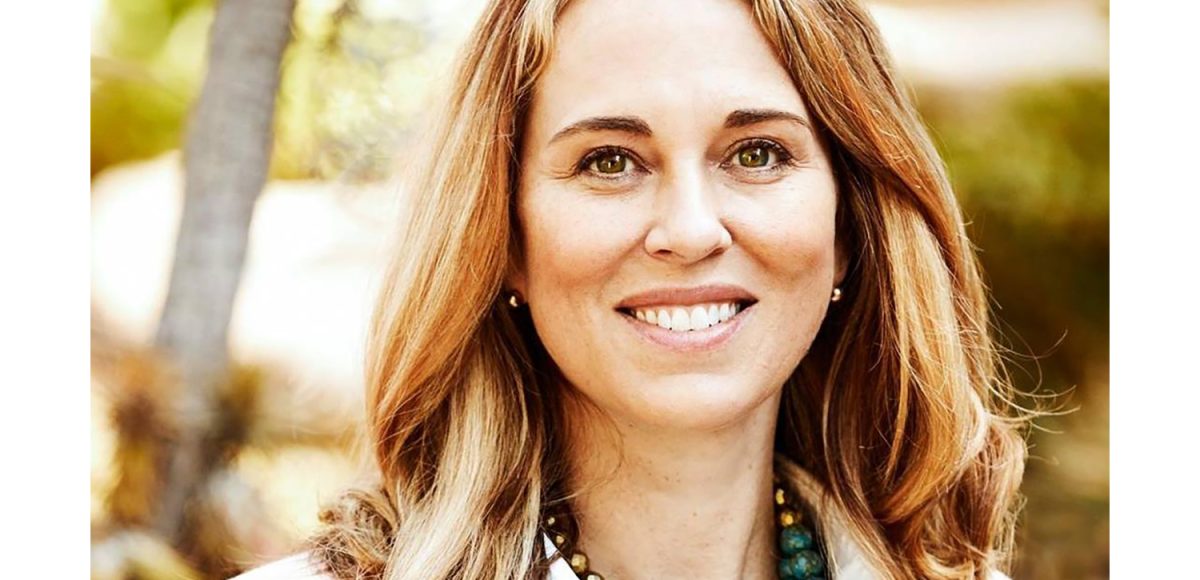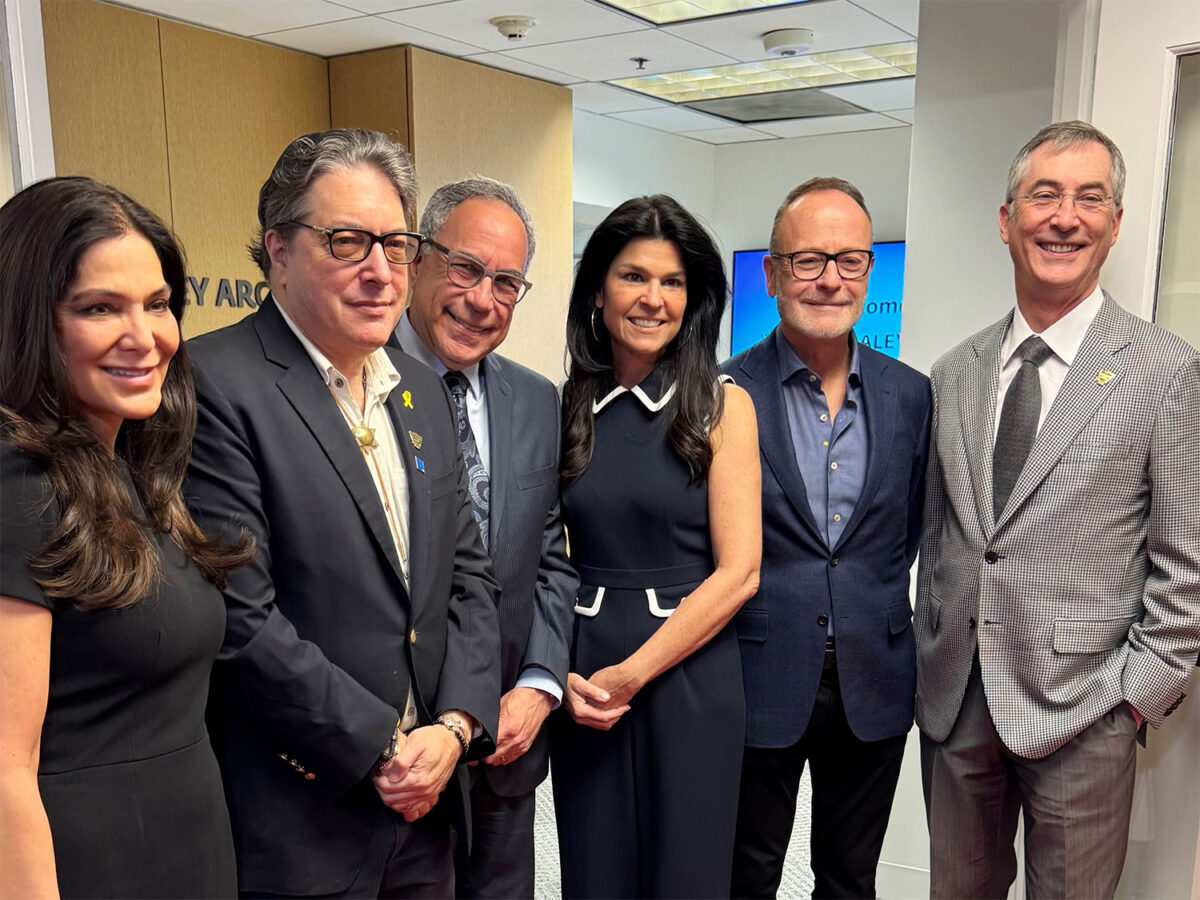The Maple Counseling Center has named Varina Bleil as its new executive director. Bleil, who has a background in nonprofit services and education, begins her tenure after more than a decade for the former director, Marcy Kaplan. Bleil takes the wheel as the COVID-19 pandemic has affected dramatic changes to mental health care and strained the mental wellbeing of millions of Americans.
“I’m so honored and excited to take the helm of Maple Counseling Center, because it’s arguably one of the most vital organizations of our time right now,” Bleil told the Courier.
Bleil comes to the role not only with experience in the world of nonprofits and mental healthcare, but also with the benefit of having received support from the center herself. She came to Los Angeles by way of Texas, searching for–as so many do–a place in Hollywood. Her first stop: executive assistant at Creative Artist Agency.
Bleil used the services of the center when she was in her twenties.
“I was just starting out in the entertainment industry. They don’t pay so much when you first start out, so my income was low and I come from a family that really values mental health,” she said.
She spent a decade working in the industry, associate producing movies like the Brad Pitt-Angelina Jolie vehicle “Mr. & Mrs. Smith,” while simultaneously giving her time to teaching the arts to underserved communities throughout the city. “I would use theatre and playwriting and creative writing, working with underserved communities to help them process the issues in their lives,” she explained. She also spent this period of her life working with outpatients from the UCLA Neuropsychiatric Institute.
Never losing her love for film and narrative, her volunteer experiences pulled her in another direction. “I love the arts and I think storytelling is essential to the human experience, but I wanted to be involved in making a difference in those who need it most of my community.”
She entertained the idea of becoming a counselor herself, but opted instead to get a master’s degree from the Harvard University Graduate School of Education. With a background in business as well as nonprofit work, she focused her education at Harvard on non-profit administration. She went on to work in executive positions for arts and mental health nonprofits like Inside Out Community Arts and the American Youth Symphony, and served as the executive director of the Los Feliz Charter School for the Arts.
“It’s all interrelated in my mind. It might be confusing to people looking at my resume, but it comes back to the same place, which is giving people a voice and helping them stand in their power,” Bleil says.
The Maple Counseling Center itself has a background that blends education and mental wellness. It opened its doors in Beverly Hills nearly five decades ago in response to rising drug use in Beverly Hills Unified School District in the late ’60s. The Center continues to offer services to students within the district but has expanded since then to provide services for all age ranges.
Today, the Center offers services for all demographics–all ages, genders, socioeconomic statuses. Then, with the additional burden of the ongoing pandemic, the demand for the Center has never been greater. Bleil comes to the Center during one of the greatest economic and mental health crises in a century–one that inherently impacts the way that clinicians can practice their care.
“We’re trying to be as thorough and effective and successful at meeting this incredible demand right now,” she said.
Complicating that effort, the Center itself has not been spared from the economic harm of the pandemic. Like many, it initially anticipated a month or two of the additional costs from telehealth. Nearly a year into the disaster and the costs have added up. Bleil points to a $500,000 matching grant incentive and says the Center has almost reached its goal. Noting that “everyone’s dollar will be doubled,” she emphasizes the need for low-cost mental healthcare at a time when stress, anxiety, and suicidal ideation have all risen.
But she also sees a learning opportunity in the moment. “The convenience of being able to have a mental health counseling session via telehealth has opened up opportunities for a lot of people in our community at a time when they needed it most. We are absolutely moving forward with that as an option, even when we are allowed to safely convene back together and in person.”
The option to seek care via telehealth plays into one of Bleil’s overarching goals that she brings with her to the position: to grow the Center. “I essentially want to be able to provide our low cost comprehensive mental health care services to more people.”







